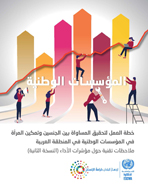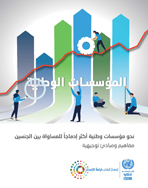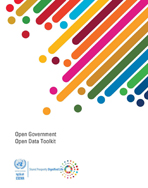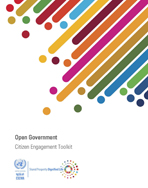The 2030 Agenda for Sustainable Development in the Arab Region
![]()
The 2030 Agenda for Sustainable Development is a plan of action for people, planet and prosperity. Adopted in September 2015 by all UN Member States, the 2030 Agenda aims to eliminate poverty, fight inequality and tackle climate change over the next 15 years. It consists of four elements namely, the Declaration[1], the Sustainable Developments Goals (SDGs) and targets[2], the Means of Implementation and the Global Partnership[3], and Follow-up and Review (FUR)[4].
The international community considers the 2030 Agenda to be an ambitious plan that can only have a transformative impact on the world if commitments to an integrated and rights-based approach to sustainable development are put into action. The objective is to achieve the 17 SDGs and 169 targets, all of which build on the Millennium Development Goals (MDGs)[5] and complete what these could not achieve. The scope of the agenda is wide and the goals and targets reflect the interlinkages between the different pillars of development.
While the United Nations is supporting implementation especially at regional levels, the 2030 Agenda is primarily country-driven, with Member States taking the lead and adapting it to their national realities. The Agenda recognizes new forms of multi-stakeholder partnerships, including a stronger role for civil society, the private sector and other development partners. It also strongly focuses on accountability and clearly recognizes three levels of follow-up and review at global, regional and national levels.
Despite the tremendous challenges the Arab region has been facing in the last decades, several countries have already made notable efforts towards socio-economic development by implementing recommendations from other global frameworks. However, achieving the 2030 Agenda for Sustainable Development and its 17 SDGs will require tackling development issues in a new interdisciplinary way that addresses both national and regional challenges, especially linked to the effects of conflict. This online platform is therefore intended to capture national and regional efforts towards the implementation of the 2030 Agenda, and to serve as a hub for sharing knowledge, experiences, and best practices to build a better future for the Arab region and beyond.









